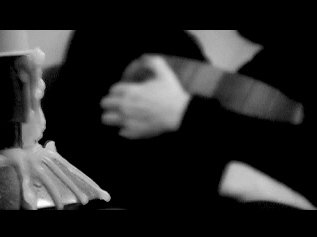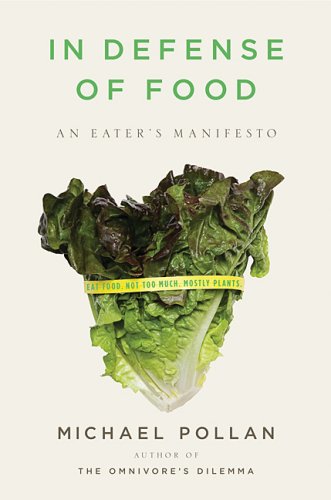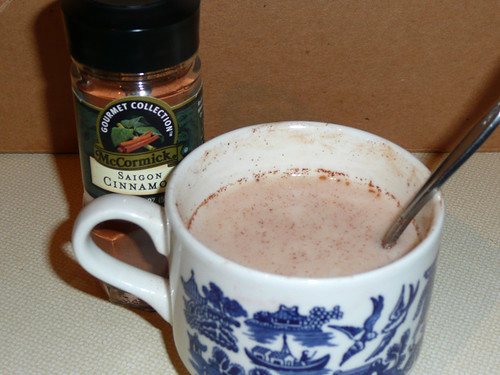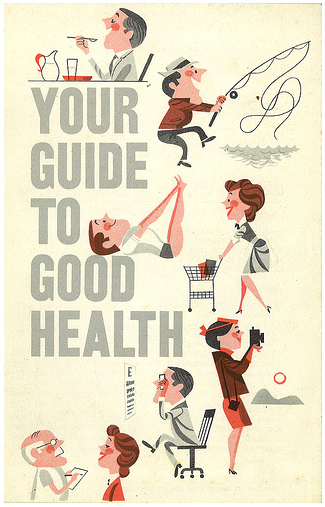Alfred Hitchcock Has Wise Advice About “Stomach Trouble”
A couple of weeks ago, I was enjoying myself watching interviews with Alfred Hitchcock on YouTube and I was surprised by this video. At the 1:42 mark, he comes back from a commercial break for a laxative product:
Alfred Hitchcock comments:
May I say I am very confused by that last commercial. Well, it was a commercial for a laxative. And I wonder why all those people doing sports and all that sort of thing–where they would need a laxative after such vigorous movement all over the place.
When I first heard him say this, I thought it was funny, but didn’t think about it any further.
Fast forward to a few weeks later and the thought has stayed with me. I’ve noticed that after I exercise I DO need to go to the bathroom. Whether I’ve eaten or not, exercise helps me go to the bathroom. It has actually helped me a lot with my “stomach trouble.”
I had NO IDEA that exercise might help me with my stomach problems. NO IDEA. The doctor that I visited suggested exercise, but only as a means to lose weight because, you know, skinny people don’t have stomach trouble. Apparently, my doctor didn’t even know that my condition could be helped by exercise.
It’s a sad state when I get my best medical advice from a 350 pound dead man.
 Buy Walking Videos
Buy Walking Videos





